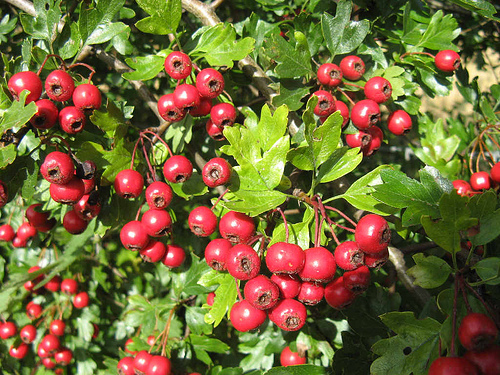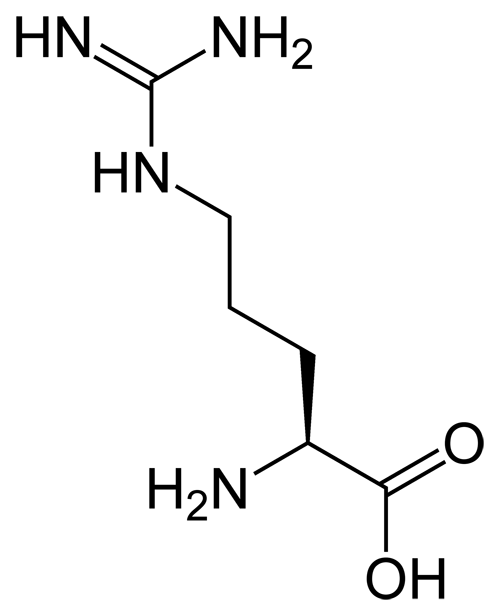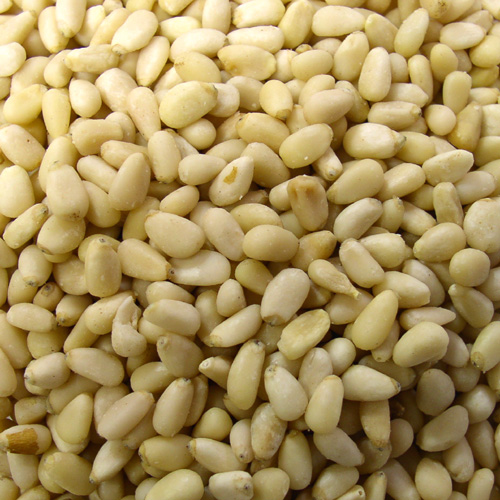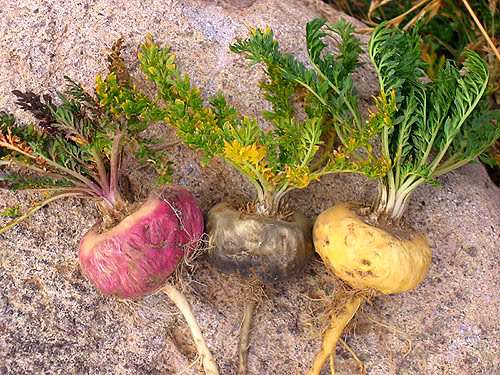Hawthorn is just a flowering shrub in the rose family, says the National Center for Complementary and Alternative Medicine (the NCCAM). Although native to northern Europe, today hawthorn is grown all around the world. Dry extracts are just one of many byproduct options of hawthorn, and the herb can be made into tablets or capsules, according to the NCCAM. While there are a wide variety of hawthorn berry benefits, I’ll be covering just the more commonly used ones in this article.
Heart Problems
The NCCAM states that scientific evidence supports the effectiveness of hawthorn use for mild heart issues. Based on Memorial Sloan Kettering Cancer Center, experts believe that hawthorn raises heart muscle contraction and heart rate.
High Blood Pressure
Substantial evidence supports the benefits of the herb, even though hawthorn hasn’t been studied specifically in individuals with hypertension. Studies indicate that hawthorn could be used safely by individuals with hypertension that will also be taking blood pressure medicines.
Angina
Angina, or chest pain because the heart is perhaps not getting enough oxygen-rich blood, may likewise be eased by hawthorn, based on the NCCAM’s studies.
Stress
Hawthorn tea is helpful for coping with nervousness. The chief symptoms of stress which hawthorn economically treats are heart palpitations along with chest tightness. AltMD.com describes that hawthorn may help with stress by decreasing the resistance of blood circulation inside your own body. To put it simply, it helps by lowering blood pressure levels along with tension.
Chest Pain
In a single study performed last year, 60 angina sufferers got 180 mg per day of hawthorn berry leaf-flower infusion as well as a placebo for three weeks. Persons who got hawthorn happened to experience increased blood circulation, and found that they were able to workout for prolonged levels of time without fighting with chest pain.
Atherosclerosis
Animal and lab studies illustrate this herb has antioxidant properties which help protect against the formation of plaques that lead to a medical condition referred to as atherosclerosis.
High Cholesterol
Research utilising rats shows that a hawthorn tincture (created from the berries) may possibly be considered an effective agent for the removal of LDL (“poor”) cholesterol from the bloodstream. The tincture of hawthorn berries also reduced the formation of cholesterol with-in the liver of rats who had been being supplied a diet high in cholesterol. There is still further research needed to see if the same effects occur in humans.
A Strong Antioxidant
Hawthorn is still another powerful antioxidant. There’s surely strong evidence to support that antioxidants trim the likelihood of heart attacks, strokes, in addition to deaths from heart disorders, yet this hasn’t been verified in studies. Antioxidants are generally viewed as being able to boost blood flow to the heart, as well as help the coronary arteries dilate.
Aids Against Insomnia
Hawthorn has been shown to help as a sleep aid, and boosts restful sleep. Its commonly found in teas for exactly this purpose, though fresh hawthorn tea is best.
Calorie Burning
Hawthorn berries may assist with the metabolic process of fat. Hawthorn vinegar also helps to reduce amounts of cholesterol in the body.
Hot Flashes
Hawthorn berries may help women who are currently experiencing menopause-associated hot flashes. The berries also help with aging ovaries.
Indigestion
Hawthorn was used in quite a few Chinese medicines to help with the retention of meals inside the belly. Hawthorn’s capabilities to break up fat also causes it to be useful for helping with indigestion that comes on as a result of eating greasy foods.
Prevent Liver Disease
Investigators are likewise beginning to investigate the effects of hawthorn berries when it comes to liver disease. Preliminary studies look to be encouraging, yet a lot more research is still needed to ascertain whether this treatment will be practical for persons dealing with liver issues.
Side Effects of Hawthorn Berry
Hawthorn probably will be safe for grown ups whenever utilised at recommended doses over the short term (up to 3 or 4 months). It’s not recognized whether hawthorn is relatively safe to make use of in the long term. The use of herbs is actually a time honored process of dealing with disorders together with building up the human body. Herbs, nevertheless, consist of parts which could cause negative effects as well as interact with several other herbs, supplements, and certain drugs.
The side effects of hawthorn are unusual, yet they might cause head aches, nausea, and possibly palpitations (a sense of a speeding heart).
Heart problems: Hawthorn can readily interact with numerous prescription medicines used to deal with cardiovascular issues. If you have a heart condition don’t make use of hawthorn without first consulting your primary care physician.
It is really significant to be sure and notice any sort of changes you might experience if you are using hawthorn. The taking of any new drug or herb should always be supervised by means of your physician. Negative results may include head-aches, migraines, vertigo, dizziness, and palpitations. Women who are pregnant or nursing should not make use of this herb.




